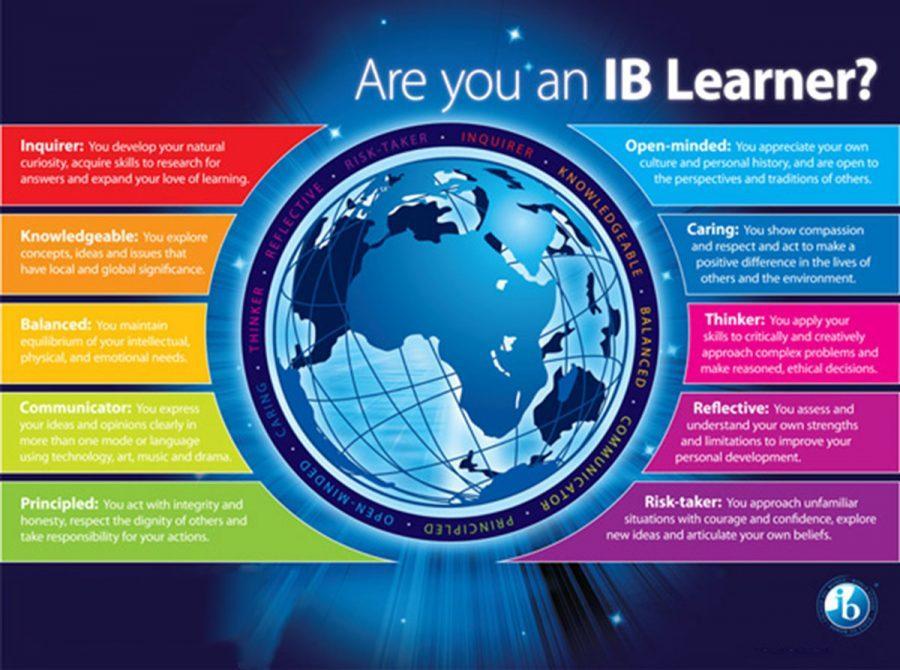Multilingualism
The International Baccalaureate® (IB) is committed to supporting multilingualism as a fundamental part of increasing intercultural understanding and international-mindedness, and is equally committed to extending access to an IB education for students from a variety of cultural and linguistic backgrounds.
With these aims in mind, the IB has instituted its language policy to provide a framework that will ensure that the IB's values and aims in relation to access and multilingualism are reflected in the organization's activities.
The IB language policy defines the ways in which the IB provides support to schools and teachers for the implementation of its programmes in different languages. It defines five levels of linguistic support: two for working languages and three for access languages (see below for definitions).
The policy also provides guidelines to schools implementing the Middle Years Programme (MYP) and Primary Years Programme (PYP) in languages not supported by the organization.
Support given in particular languages is reviewed on a regular basis and, if certain conditions are met, the level of support may be increased or decreased. The organization aims to provide materials and services of comparable high quality in all the supported languages.
Internal working language
The organization's internal working language is English, in which most operational and development activities take place. It is also the language of its governance, management and academic committees.
Working languages
The IB's working languages are languages in which the organization communicates with its stakeholders and in which it is committed to providing all the services needed for the implementation of the programmes. Currently the IB’s three working languages are English, French and Spanish.


